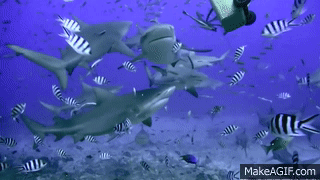Transcript below.
Tag: deepwater horizon

Flotsam (what we’re obsessed with right now)
What do you do if you find yourself at the helm of a major Louisiana marine science institution? If you’re Dr. Craig McClain, you plant the first experimental Alligator falls in the deep Gulf of Mexico!

On the other hand, if you find yourself at the helm of a US Navy destroyer, you might want to review this incredible and exhaustive accounting of the USS Fitzgerald disaster and how training deficits, exhaustion, and poor decision making compounded to create a deadly situation.
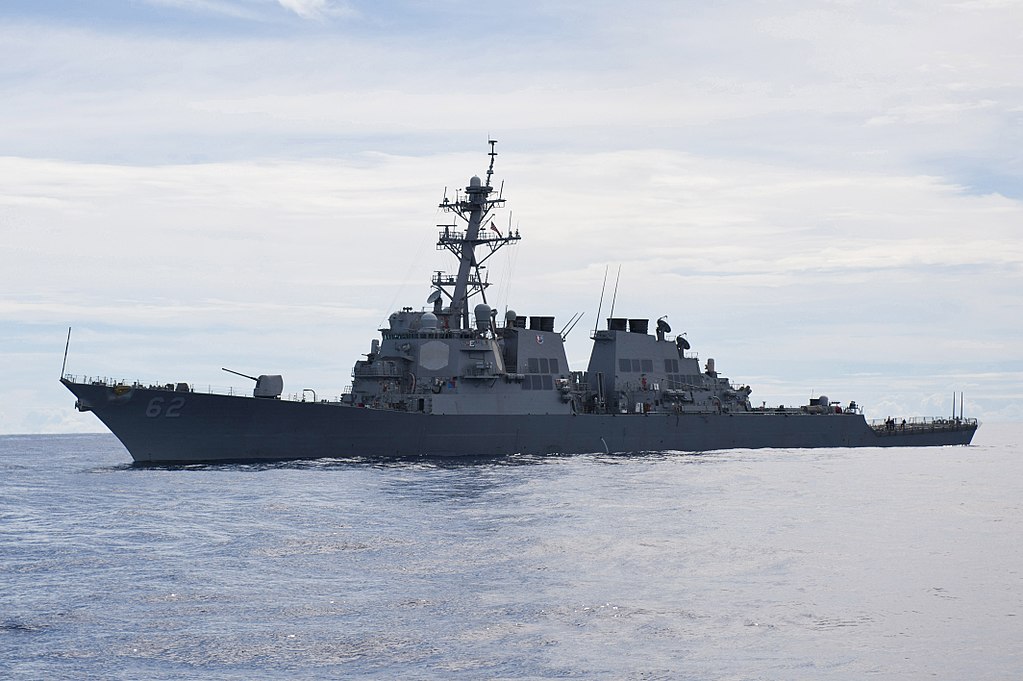
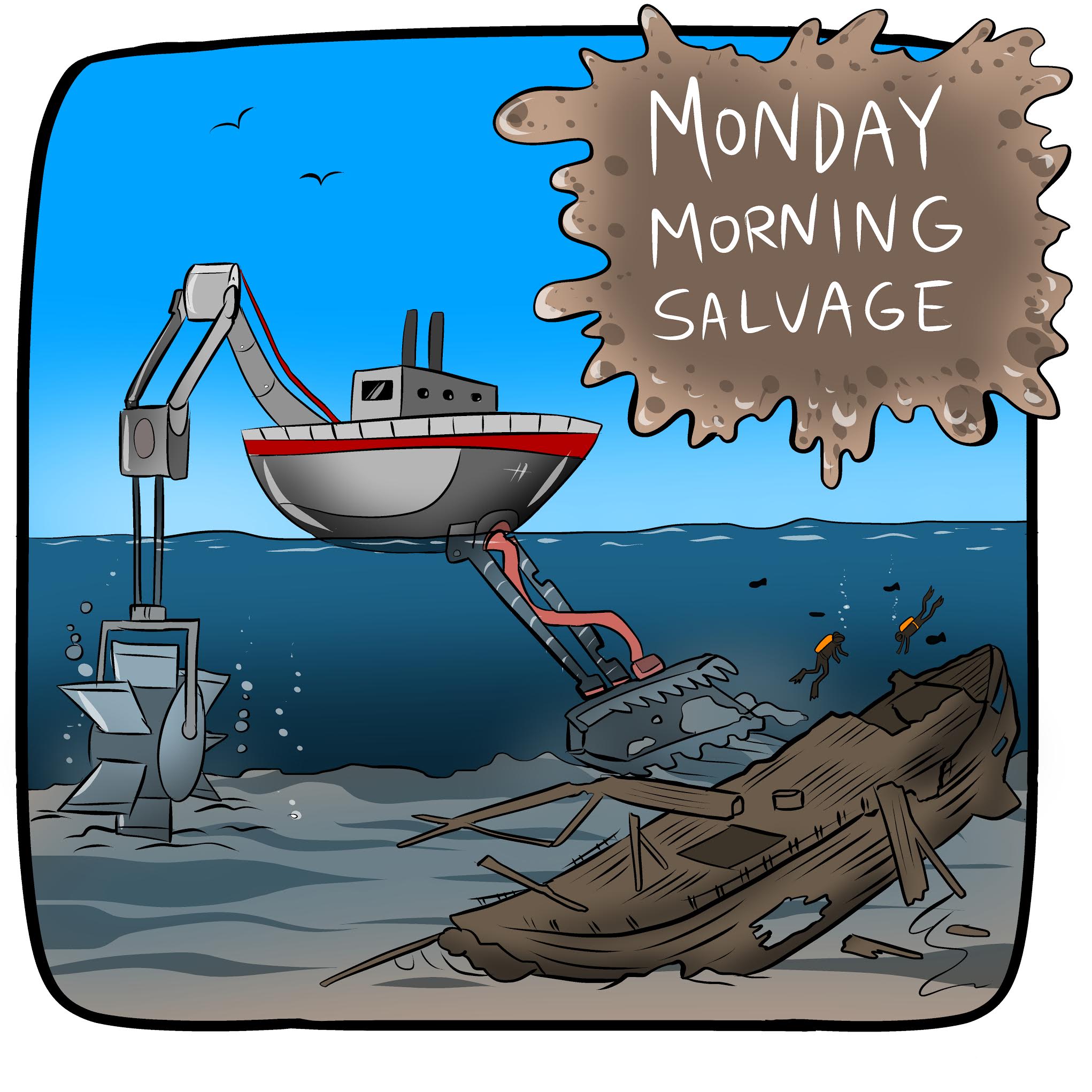
Fog Horn (A Call to Action)
- Stop. Breathe. Take a step back. This can all be incredibly overwhelming. Pick the fight that matters most to you and take a few days deciding what success looks like, what strategies will work, and what tactics are available to you. And then hoist your flag and get to work.
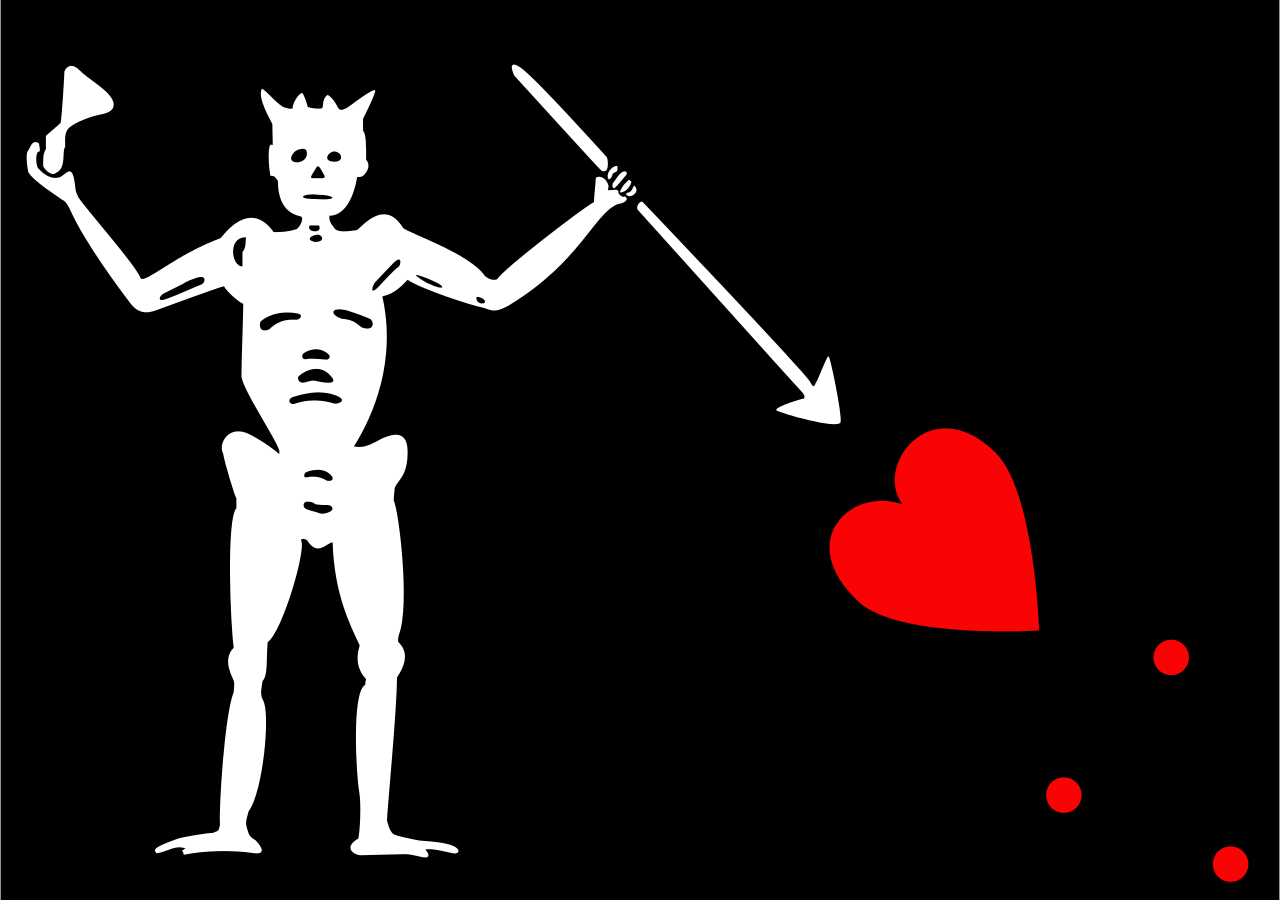
- And when you meet someone fighting a different fight, remember to support them. There are already enough fronts to advance without taking friendly fire from our flanks.
Flotsam (what we’re obsessed with right now)
- Maybe it’s time to seriously consider just giving control of the world to the cephalopods. A New Species of Giant Octopus Has Been Hiding in Plain Sight.
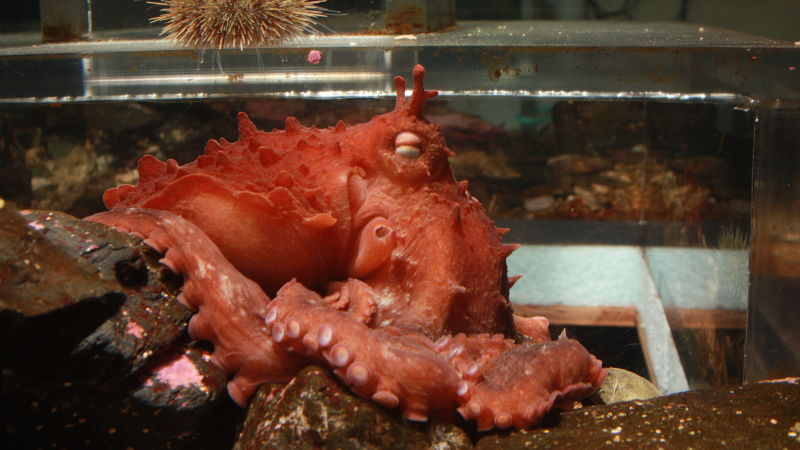
- The most depressing annual run-down on the environmental science web: The Animals That Went Extinct in 2017.
Cuttings (short and sweet):
- Watch these bull sharks in Beqa Lagoon, Fiji, in this video by Beqa Lagoon Resort.
- Follow marine social scientist Amy Diedrich on twitter!
- The impacts of the Deepwater Horizon Oil Spill on Gulf of Mexico shorelines. An introduction to a special issue of research, from the NOAA Response and Restoration blog.

In the year since the Deepwater Horizon sunk, killing 11 people and pumping untold millions of barrels of oil into the Gulf of Mexico, much has been revealed about the causes and effects of this disaster: the chain of events leading up to the explosion, the response (or lack of response) from BP and the US government, the impact of sealife and coastal fisheries. In his most recent book, A Sea in Flames, Carl Safina lays out the timeline of the disaster, the factors the lead to such an egregious lapse in safety, the role that several corporate and government entities played, and the anger. Above all else, this book is about the rage one man feels about a situation that is almost impossible to comprehend.
 February 2005 – A giant in the oil industry sets out to drill what is, at the time, the deepest oil well in the world, a staggering 32,000 feet below the sea bed. The oil field, just 28 miles from the Louisiana coast, is estimated to contain up to a billion barrels of oil. The success of this well could launch a new era of offshore drilling and revolutionize an industry. And then, after 18 months and $180 million dollars, just 2,000 feet from their target, ExxonMobil halts their drill, declares Blackbeard West unsafe, and walks away.
February 2005 – A giant in the oil industry sets out to drill what is, at the time, the deepest oil well in the world, a staggering 32,000 feet below the sea bed. The oil field, just 28 miles from the Louisiana coast, is estimated to contain up to a billion barrels of oil. The success of this well could launch a new era of offshore drilling and revolutionize an industry. And then, after 18 months and $180 million dollars, just 2,000 feet from their target, ExxonMobil halts their drill, declares Blackbeard West unsafe, and walks away.
Barely 5 years later, a similar well, deep and deeply unsafe, would suffer a catastrophic blowout, pumping millions of barrels of crude into the Gulf of Mexico. The resulting investigation revealed a history of unacceptable risk and a blasé attitude towards safety on the part of BP. While the BP blowout at the Macondo well was a disaster on a global scale, Blackbeard West was a disaster deferred. How could these two incidents, both created by nearly the same conditions, have had such dramatically different consequences? What can we learn about the culture of oil exploration and the true cost of a crude economy from Blackbeard West?
Read More “Chronicle of a Death Forestalled: the Gulf of Mexico oil spill that didn’t happen” »
 In case anyone was under the impression that the Gulf of Mexico oil spill is over just because the well has been closed, it isn’t.
In case anyone was under the impression that the Gulf of Mexico oil spill is over just because the well has been closed, it isn’t.
We continue to maintain our Gulf of Mexico Oilspill Page and will soon be adding a post-spill section to cover the ongoing effort in the Gulf.
Hat tip to Deep Sea News. Pretty much sums up how we all feel right now.
This is what 60 days of oil pouring into the Gulf of Mexico looks like. This is what reckless disregard for safety and the precautionary principle looks like. This is what irresponsible energy policy looks like. This is what the end of Gulf Coast fisheries for the foreseeable future looks like. This is what government … Read More “god damn” »

